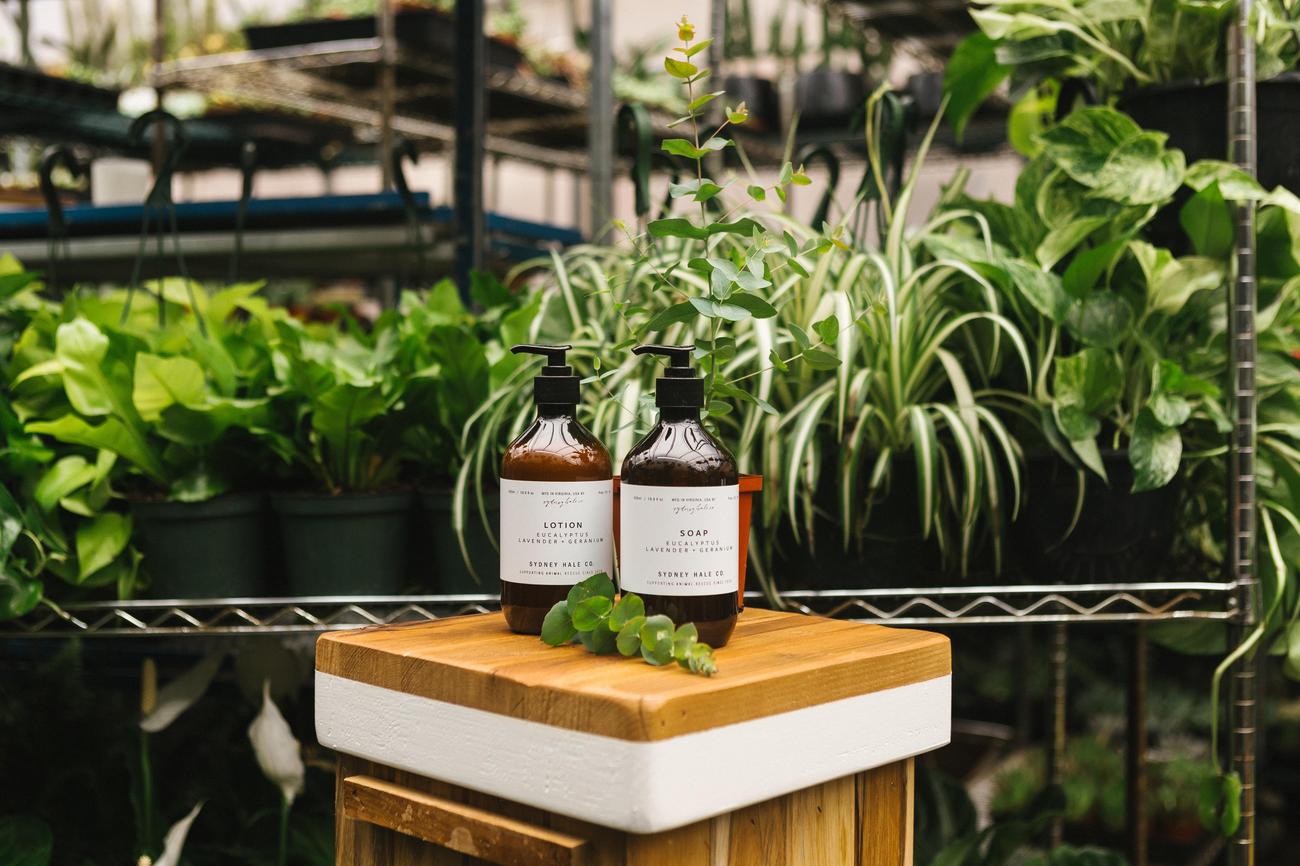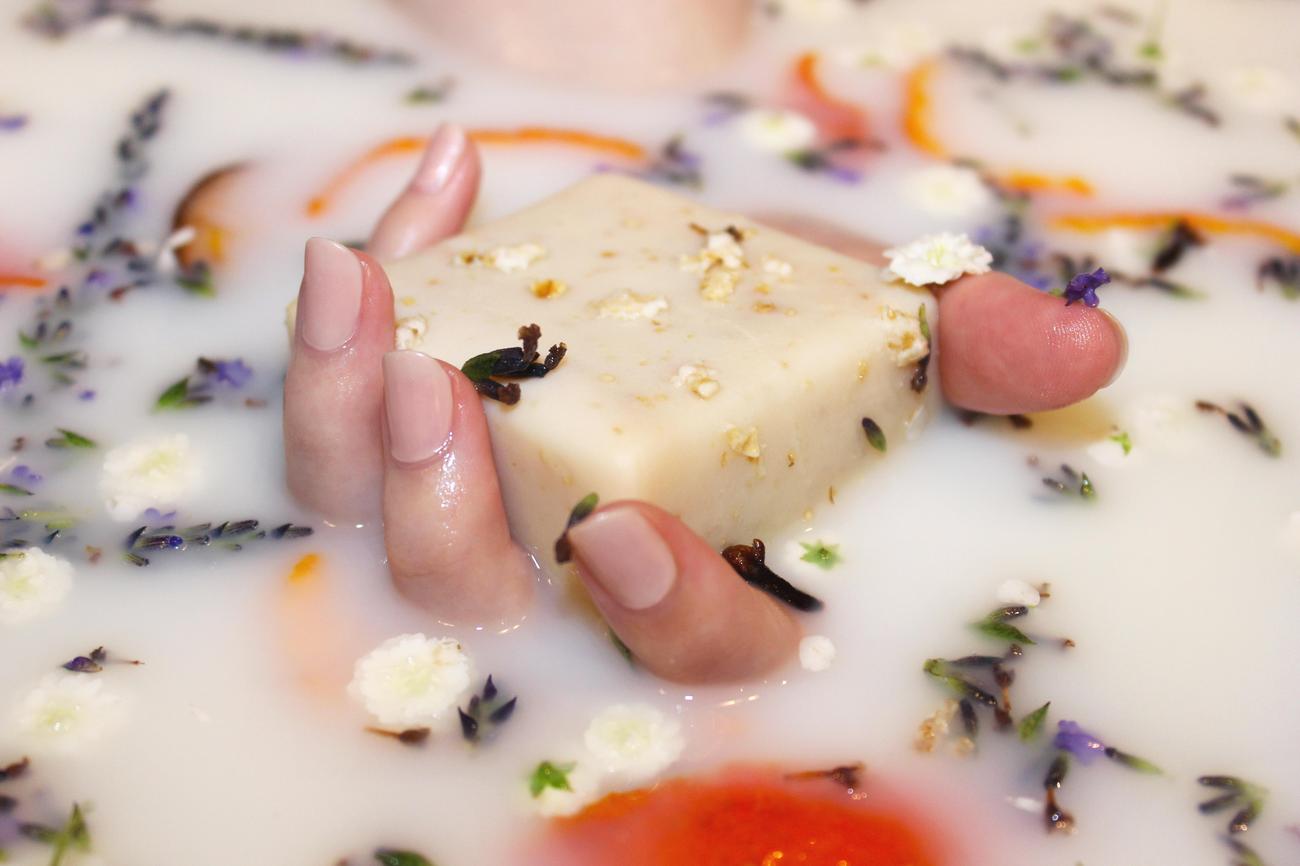In the fascinating world of soap, the names adorning these cleansing bars often hide captivating stories and hidden meanings. From the delicate fragrances to the exotic ingredients, every soap has a tale to tell, rooted deep in history and culture. Join me on an exploration of the origins of soap names, as we delve into the rich tapestry of linguistics, traditions, and the remarkable stories behind these descriptive labels. Prepare to be spellbound as we unveil the captivating world of soap names and unlock the secrets they hold!

Origins of Soap Names
Have you ever wondered how soap got its name? The origins of soap names can be traced back to ancient times, with fascinating stories and historical significance attached to each label. Let’s dive into the intriguing world of soap-making traditions and explore the etymology behind these descriptive names.
Mount Sapo and the Legend of Soap
To understand the origins of soap names, we must travel back to ancient Rome. Legend has it that soap got its name from Mount Sapo, a mythical place where an interesting phenomenon occurred. Rain would wash down the mountain, mixing with animal fat and ashes from sacrificial fires. This clay-like mixture was discovered to have incredible cleaning properties, making it ideal for washing clothes and bodies. Thus, the name “soap” originated from this ancient Roman legend, symbolizing the transformative power of nature and innovation.
The Celtic Origins of “Saipo”
While the Romans popularized the use of soap, its roots can be traced even further back to the Celts. The Celts, known for their resourcefulness, made soap from animal fat and plant ashes. They named their innovative creation “saipo,” a word that later evolved into the term “soap.” The Celtic origins of soap names highlight the connection between ancient civilizations and their ingenuity in harnessing natural ingredients for cleanliness and hygiene.
“The legend of Mount Sapo takes us back to the transformative power of nature and the ingenious use of natural ingredients. It’s a reminder that innovation has its roots in ancient tales and traditions.”
Ancient Soap-Making Artisans
Moving beyond legends and folklore, concrete evidence of soap-like substances dates back to around 2800 BC. The first soap makers were not limited to a single civilization but spanned across various ancient cultures. Babylonians, Mesopotamians, Egyptians, Greeks, and Romans all contributed to the development and refinement of soap-making techniques. These early artisans recognized the value of soap in maintaining personal hygiene and soon incorporated it into their daily lives.
“Soap-making has a rich historical tapestry that spans across civilizations and continents. Its roots can be found in the ancient traditions of multiple cultures, each with their unique contributions and techniques.”
The Spread of Soap-Making Knowledge
As time went on, soap-making became an established art form in different regions. By the 7th century, soap-making had flourished in Italy, Spain, and France, with artisans perfecting their techniques and developing regional variations. Soap was no longer just a practical necessity; it became a cultural symbol, reflecting the values and traditions of each society. The spread of soap-making knowledge helped shape the diverse range of soap names we encounter today.
Liquid Soap: A Modern Invention
Fast forward to the 19th century, and a new chapter in soap-making history unfolds with the invention of liquid soap. This breakthrough came about through experimentation and innovation, expanding the possibilities of soap production. The introduction of liquid soap revolutionized the way we use and perceive soap, offering new levels of convenience and versatility in our daily routines.
Tracing the Origins
While the exact etymology of the word “soap” remains uncertain, it is believed to have originated from the proto-German word “saipo,” meaning “to strain.” Another theory suggests that it may have derived from the Latin word “sebum,” which translates to “grease.” Both interpretations reflect the essential ingredients used in traditional soap-making methods and emphasize the power of these natural substances to cleanse and purify.
“Soap-making is an ancient art that transcends cultures and time. Its origins are intertwined with mythology, ancient civilizations, and the innovative spirit of human beings throughout history.”
In conclusion, the origins of soap names unveil a captivating journey that encompasses legends, ancient traditions, and the continuous evolution of soap-making techniques. From Mount Sapo to the Celtic roots of “saipo,” soap names bear the mark of human creativity and our quest for cleanliness. Exploring the historical and cultural significance of soap names enriches our understanding of this everyday product and highlights the unique stories behind each label.
“Every time you use soap, remember the ancient tales and traditions that shaped its origins. It’s not just a cleaning agent—it’s a symbol of our ingenuity and connection to the past.”
Using soap has been a ritual for centuries, passed down through generations as a symbol of cleanliness and purity. But have you ever wondered about the deeper meaning behind the soap you use? Dive into the world of soap name meanings and unlock the secrets behind your favorite cleansing companion. Discover the hidden stories and nuances behind each soap name and how they connect to our ancient history and cultural traditions. Are you ready to unravel the mysteries? Click here to explore the fascinating world of soap name meanings: Soap Name Meaning.

FAQ
Question: What is the origin of the word “soap”?
Answer: The word “soap” is believed to possibly come from the proto-German word “saipo,” which means “to strain,” or from the Latin word “sebum,” which translates as “grease.”
Question: When was soap-making first discovered?
Answer: The first concrete evidence of soap-like substance dates back to around 2800 BC, and the ancient Babylonians were the earliest known soap makers.
Question: Which ancient civilizations were known for their soap-making traditions?
Answer: Soap-making has ties to ancient civilizations such as the Babylonians, Mesopotamians, Egyptians, ancient Greeks, and Romans.
Question: How did soap get its name according to Roman legend?
Answer: According to an ancient Roman legend, soap got its name from Mount Sapo, where rain would wash down the mountain, mixing with animal fat and ashes to create a clay mixture found to make cleaning easier.
Question: When was liquid soap invented?
Answer: Liquid soap was invented in the 19th century.
“`json
“`
- Georgia Platform: A Southern Strategy, 1850s - March 31, 2025
- How many weeks is 40 days: Quick Conversion Guide for Accurate Results - March 31, 2025
- How many feet is 300 meters? 984 Feet: Understand Length Conversions Easily - March 31, 2025
















